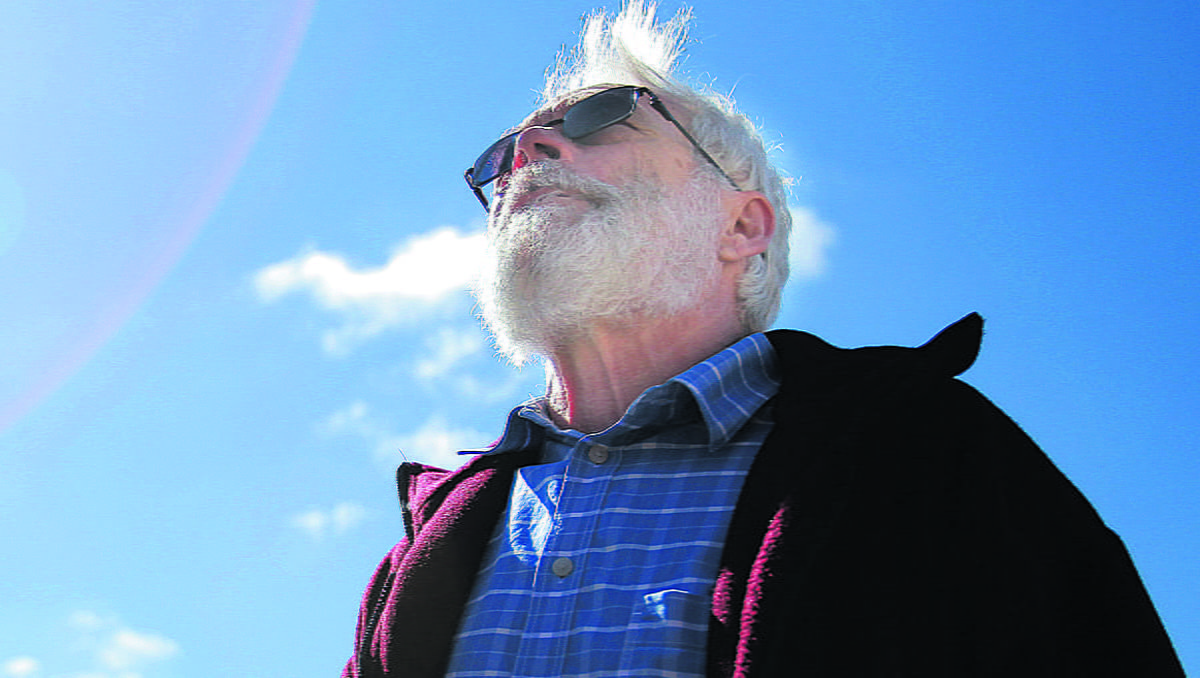In 21st September this year, former UNE student and long-time research associate Robert Hugh Harden passed away. Bob was one of UNE’s first graduates, receiving his Bachelor of Rural Science degree in 1965, and for the remainder of his career, he maintained strong professional links with UNE, making a particularly large contribution to our understanding of dingo ecology and management in the New England region.
Bob initially worked for the Department of Agriculture (now NSW DPI) at the Trangie Field Station before joining the newly formed National Park and Wildlife Service (NPWS) in 1968, where he was an early pioneer in bridging the gap between agriculture and conservation.
One of Bob’s major, long-term research projects was his work on dingo ecology on the New England Tablelands; it was during this work that he commenced a close research collaboration with UNE that continued until his retirement. The research headquarters of what would become the NPWS Pest Research Unit was a tiny weather board hut hidden away in the bush above the northern Ring Road on the UNE campus; Bob occupied this until 2005, and the building exists to this day.
Bob spent 36 years working with NPWS on a wide range of animal and pest management projects, some of these included the Lord Howe Island wood hen rehabilitation and rodent control programs, as well as the ecology and management of the dingo in north east NSW. His career had an enormous influence on how wildlife research and management is conducted today.
Many UNE Natural Resources and Zoology students participated in these research projects over the years and Bob co-supervised over 20 UNE postgraduate students. He was a pioneer in early radio-tracking studies and established a long-term research base on the Petroi Plateau where he built one of several research huts. At the time a private property, ‘Petroi’ was subsequently purchased by NPWS partly on the strength of the research that Bob conducted there. Although the site has changed since Bob worked there, his research findings are still relevant today and Petroi continues to be used by UNE-DPI-NPWS to improve our understanding of dingo ecology and management.

